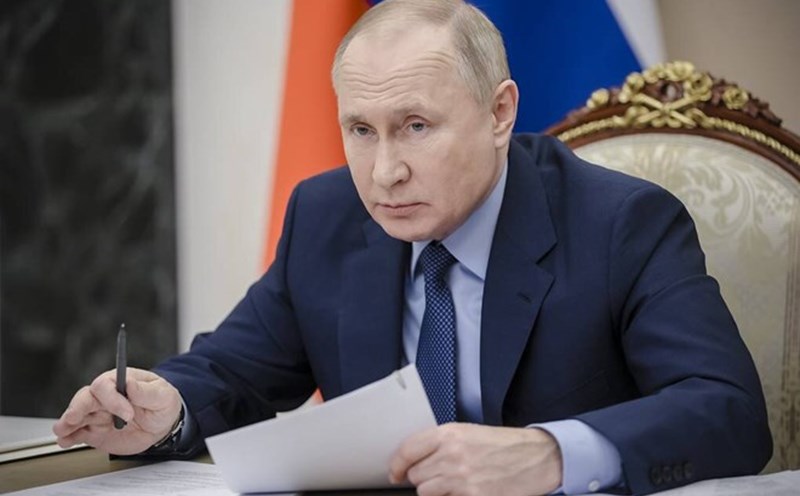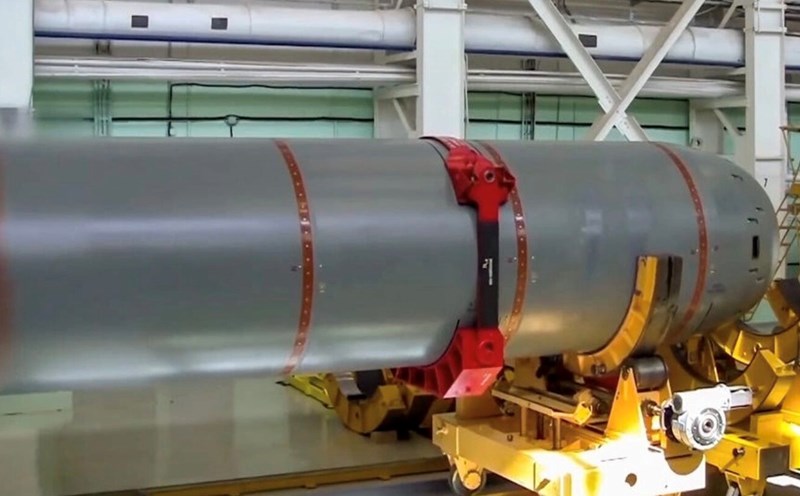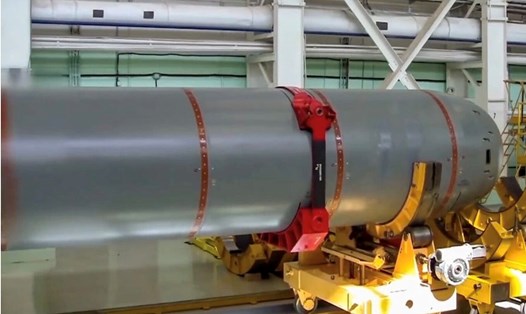President Putin has just revealed a notable detail: A NATO reconnaissance ship was in the area when Russia tested the Burevestnik missile on October 21.
He said Russia was fully aware of the presence but had deliberately not objected, in an "only let them see" attitude. The move is seen as a direct deterrent, demonstrating Russia's absolute confidence in the capabilities of new weapons and an act of deliberately showing off its power right under NATO's supervision.
Mr. Putin also praised the features of the Burevestnik missile on this occasion, affirming that it has a superior range compared to all known missile systems and has high accuracy.

The October 21 test is part of a series of important announcements about Russia's strategic weapons. Previously, Chief of Staff Valery Gerasimov reported to Mr. Putin about the completion of Burevestnik tests, saying that the missile with unlimited range flew for about 15 hours and exceeded a distance of 14,000km.
Just a few days later, on October 29, Putin himself announced that Russia had successfully tested a Poseidon nuclear-powered underground vehicle, which he described as more powerful than the Sarmat missile.
The announcement comes amid rising nuclear tensions. On October 30, US President Donald Trump announced that he had directed the Pentagon to prepare to resume nuclear weapons testing, citing Russia doing the same thing.
Russia, including Deputy Security Council Chairman Dmitry Medvedev, has denied it. Mr Medvedev said on November 5 that the Poseidon and Burevestnik tests were nuclear propulsion systems testing, not nuclear explosions. He warned that Mr Trump's statement had "forced Russia to consider" preparing for a nuclear test in response.
Weapons such as the Burevestnik and Poseidon were first announced by Mr. Putin in his 2018 Federal message speech. At that time, many Western experts were skeptical, saying that these were projects that were not technically feasible. Russian Security Council Secretary Sergey Shoigu also affirmed on October 31 that those who did not believe in 2018 would now be forced to believe.
Moscow has seen recent consecutive successful tests as an affirmation that these "super weapons" have come true.











